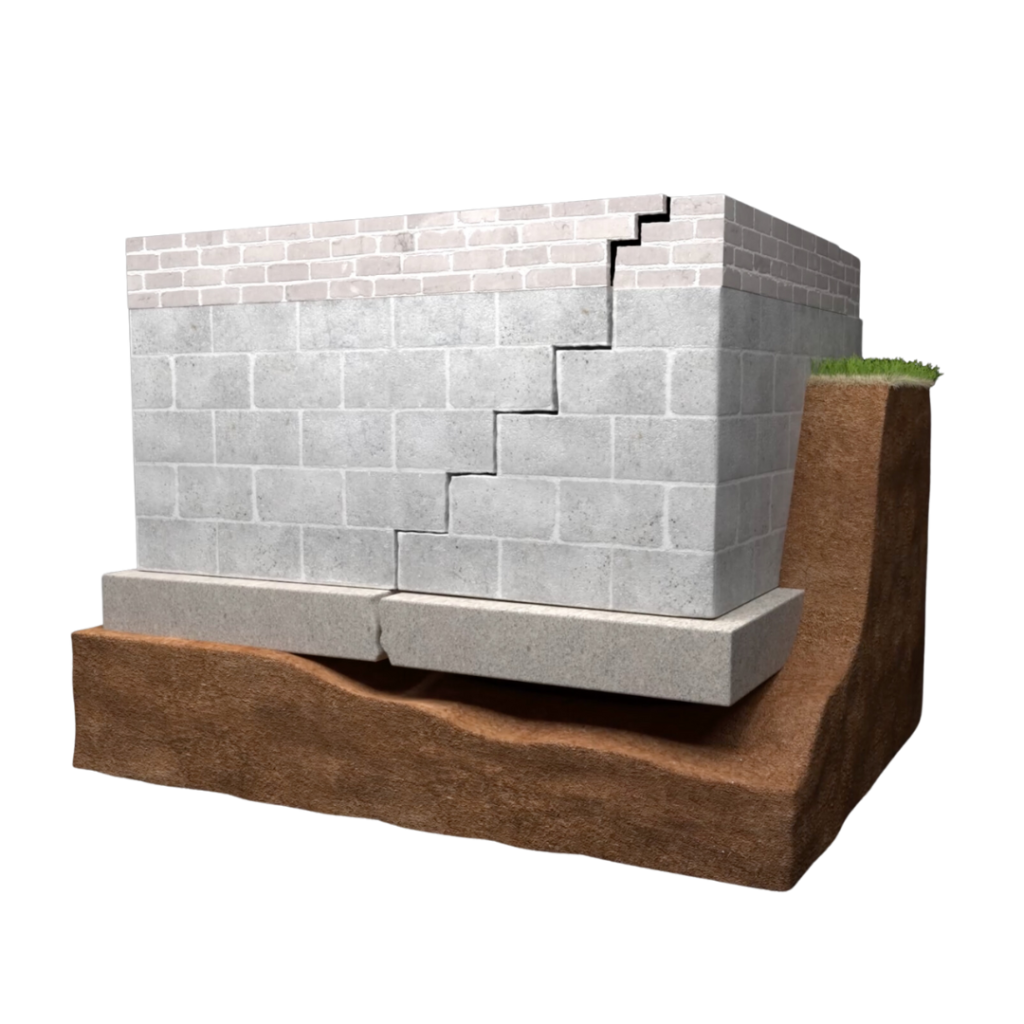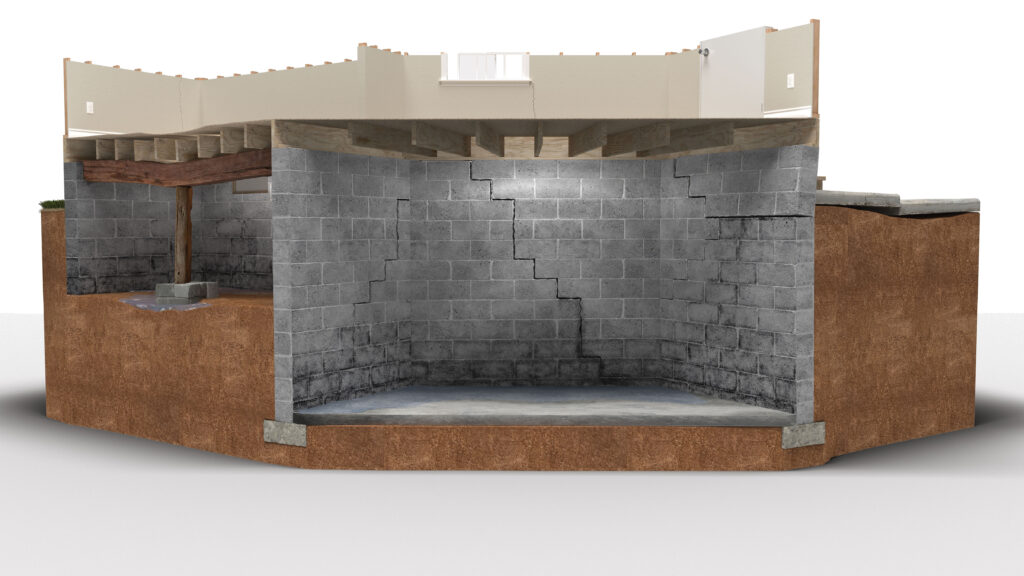When it comes to maintaining a healthy home, many people focus on the visible aspects—like the roof, siding, or landscaping. But one critical element that often goes unnoticed is the foundation beneath the home. Your home’s foundation is literally the bones of its structural integrity, and keeping it strong is essential for the safety and longevity of your home and property. One of the most effective ways to protect your foundation is by ensuring proper drainage around your home. Let’s dive into why drainage matters and what you should look out for to keep your foundation in top shape.
Why Drainage Matters
Water is one of the biggest threats to your home’s foundation. Without effective drainage, water can accumulate around your home, leading to soil erosion, hydrostatic pressure, and eventually, foundation damage. Here’s how it works:
- Soil Erosion: When water isn’t directed away from your home, it can cause the soil around your foundation to erode. Over time, this erosion can lead to gaps and voids beneath your foundation, causing it to settle unevenly or even crack.
- Hydrostatic (Water) Pressure: Excess water can build up in the soil around your foundation, creating hydrostatic pressure. This pressure pushes against your foundation walls, leading to cracks and leaks. If left unchecked, this can result in serious structural issues.
- Water Damage: Poor drainage can lead to water seeping into your basement or crawl space, causing moisture problems like mold, mildew, and wood rot. These issues not only compromise the structural integrity of your home but also pose health risks to your family.


Signs of Poor Drainage
It’s important to keep an eye out for signs that your home’s drainage system might not be doing its job. Here are some red flags:
- Pooling Water: After a rainstorm, do you notice water pooling around your foundation or in your yard? This is a clear sign that water isn’t draining properly.
- Cracks in Your Foundation: If you start seeing cracks in your foundation walls, it could be a sign that hydrostatic pressure is building up due to poor drainage.
- Wet Basement or Crawl Space: A damp or wet basement is often the result of water seeping in due to inadequate drainage.
- Gutters Overflowing: If your gutters are overflowing during heavy rain, they may be clogged or improperly installed, causing water to spill over and pool around your foundation.
How to Ensure Proper Drainage
Now that you know why drainage is so important, here are a few steps you can take to ensure your home’s drainage system is working effectively:
- Clean and Maintain Gutters: Regularly clean your gutters to prevent clogs, and make sure they’re properly sloped to direct water away from your home. Consider installing downspout extensions to carry water further away from your foundation.
- Grade Your Yard: The ground around your home should slope away from the foundation. This helps direct water away rather than letting it pool around your home.
- Install a French Drain: A French drain is an underground drainage system that can help redirect water away from your foundation. It’s especially useful in areas with poor natural drainage.
- Check for and Repair Leaks: If you notice any leaks in your basement or crawl space, address them immediately. Small leaks can quickly turn into big problems if left unattended.
- Design your garden to protect your foundation: You can prep a garden and choose plants for around your home that won’t cause damage to your foundation. A well-prepped garden can help with ensuring proper drainage.
When to Call in the Pros
If you’re noticing signs of poor drainage or foundation issues, it might be time to call in the professionals. At True Level Concrete, we specialize in foundation repair services that can address any problems before they get worse. From fixing cracks to stabilizing your foundation, our expert team is here to help keep your home safe and sound.
Don’t let poor drainage compromise your foundation. By taking proactive steps and knowing when to seek professional help, you can protect your home for years to come.
Need foundation repair? Contact us today to schedule a free quote and assessment and ensure your home’s foundation is as strong as possible!
